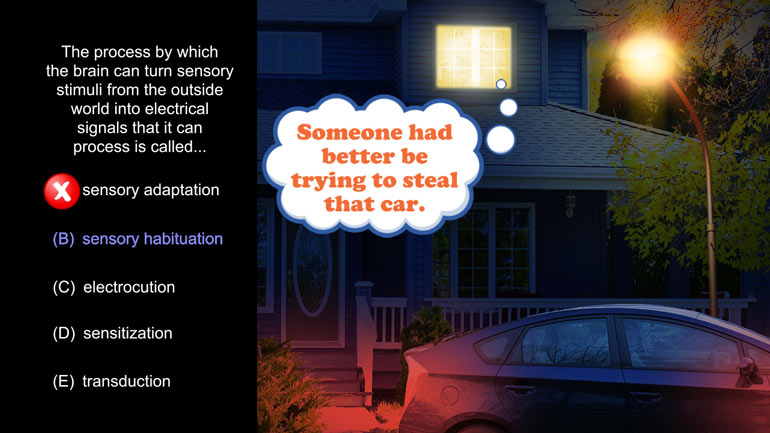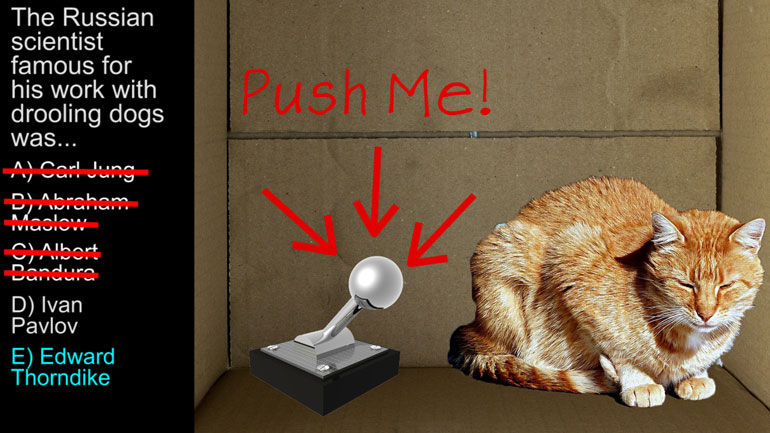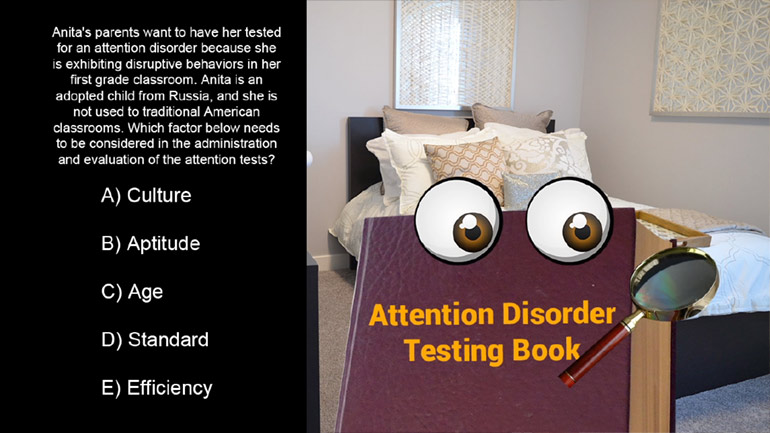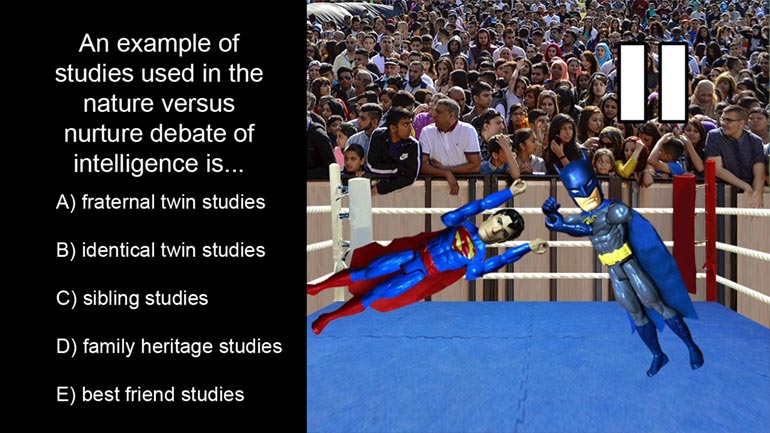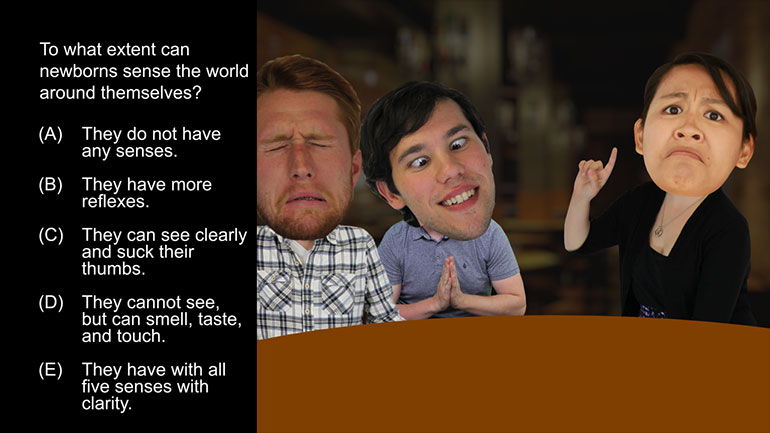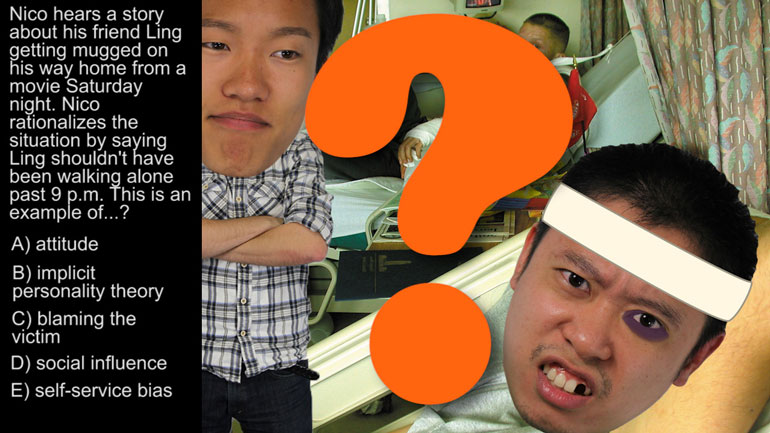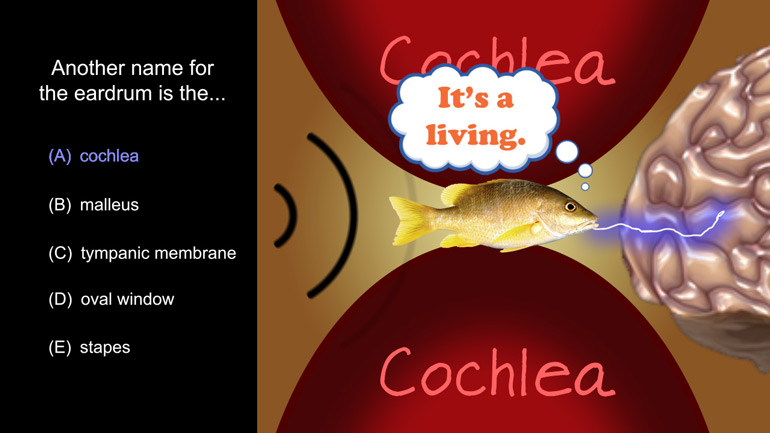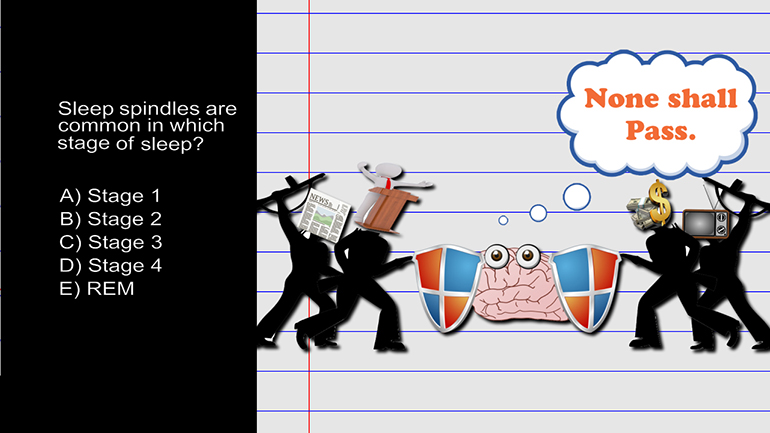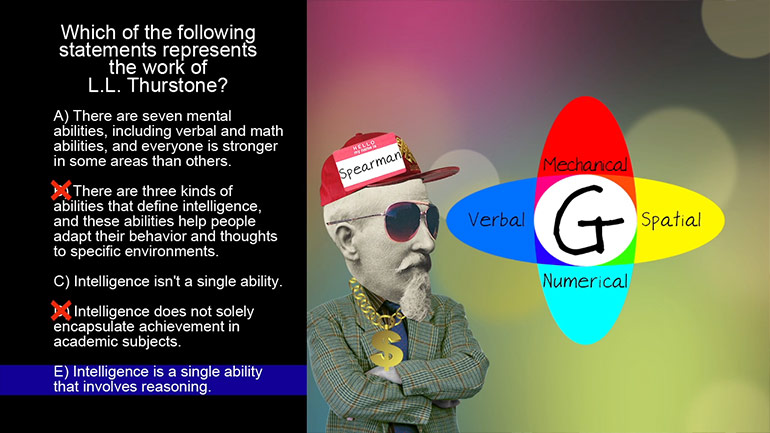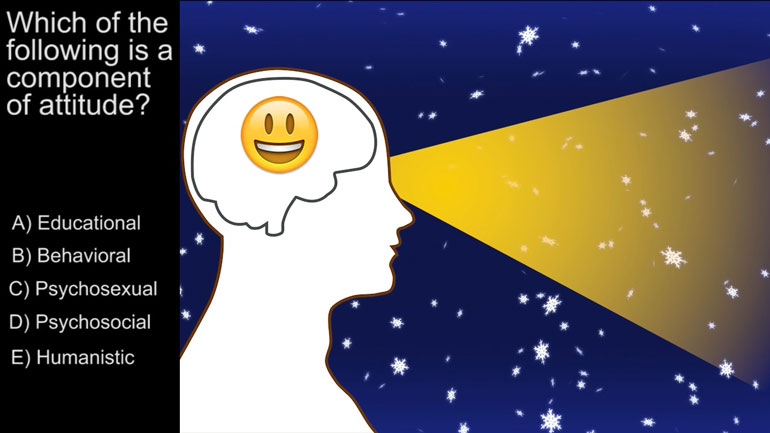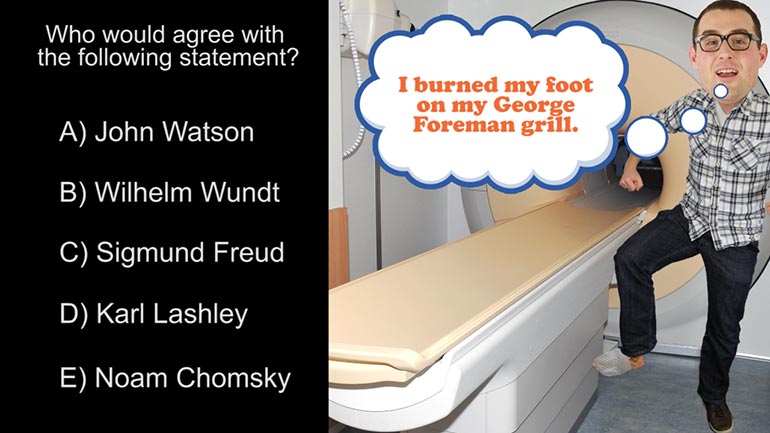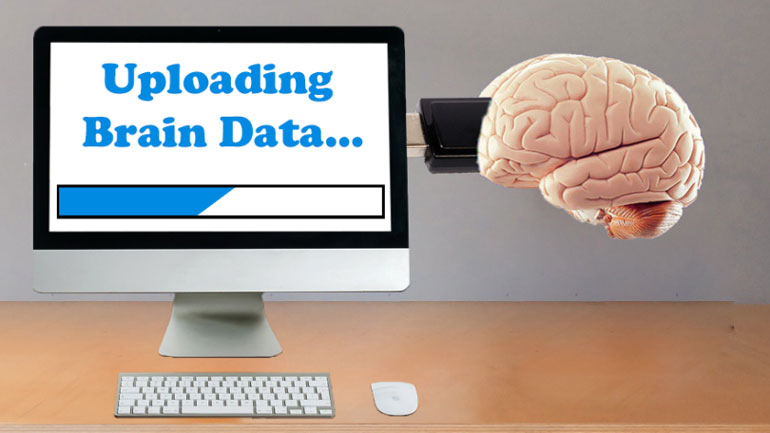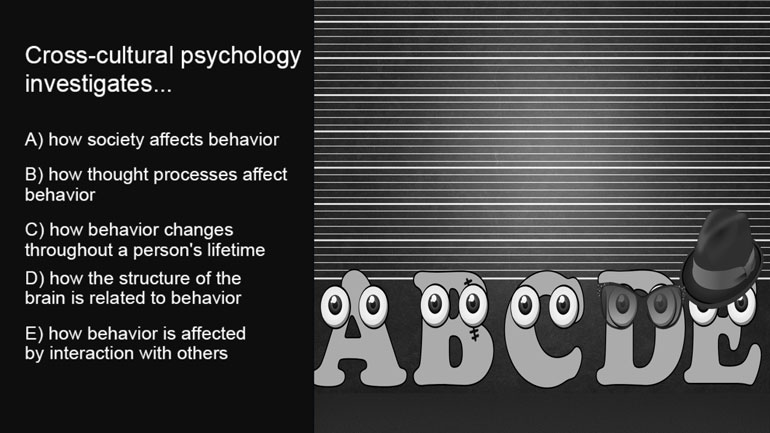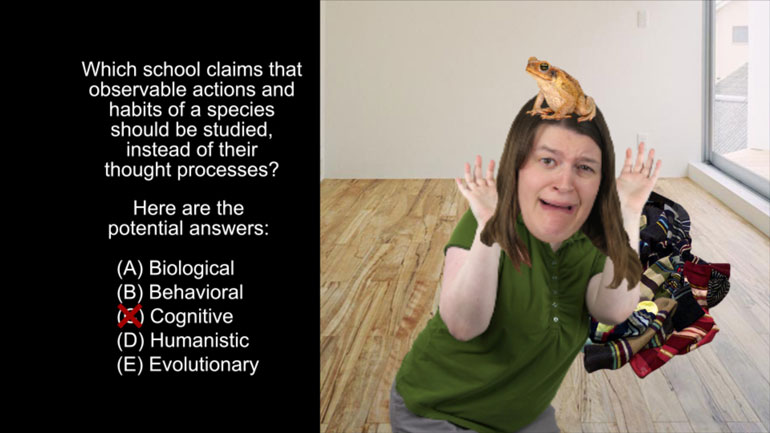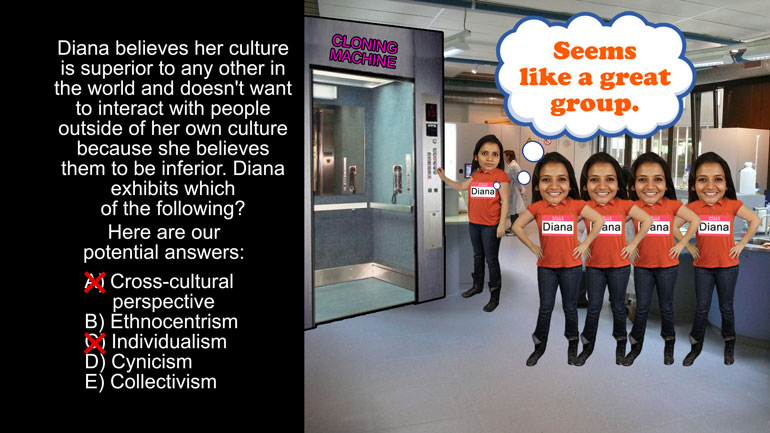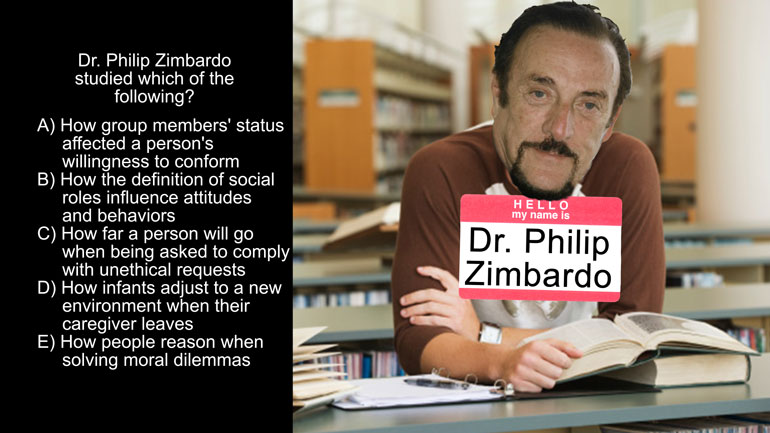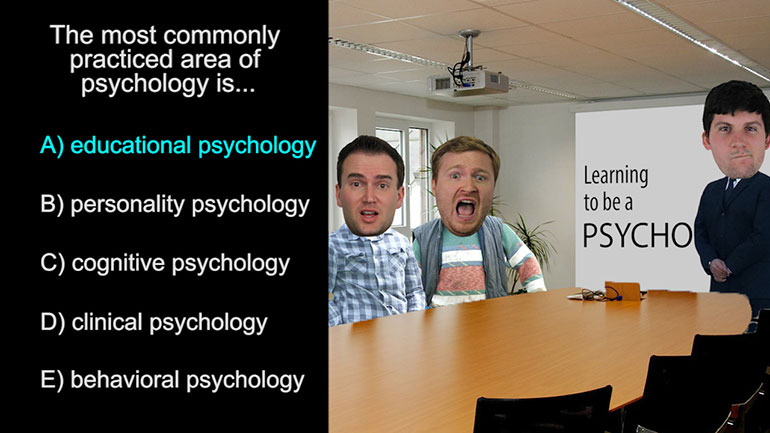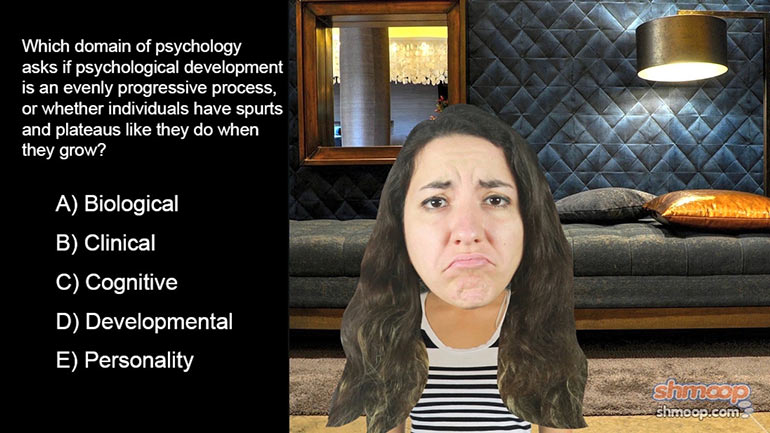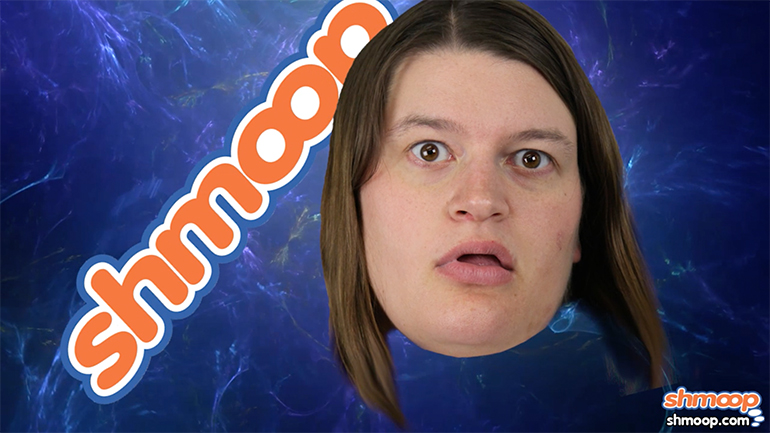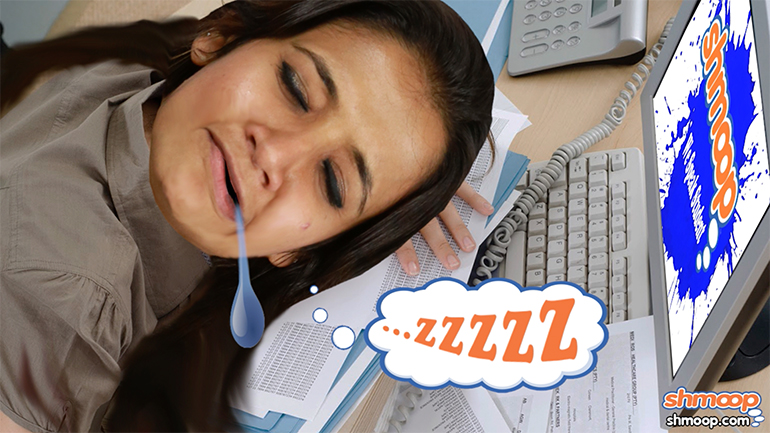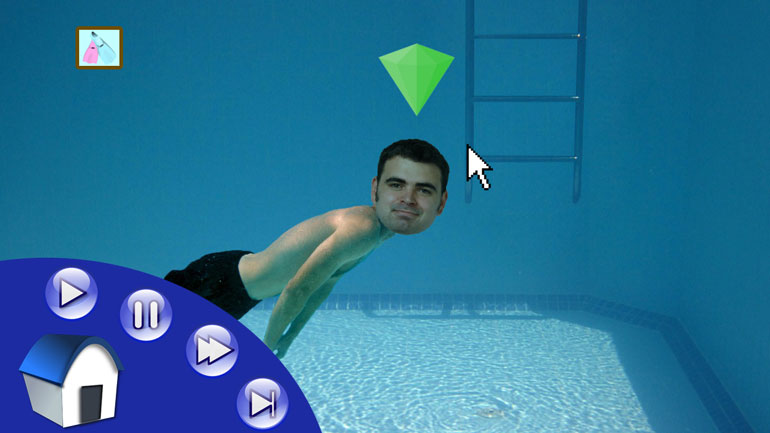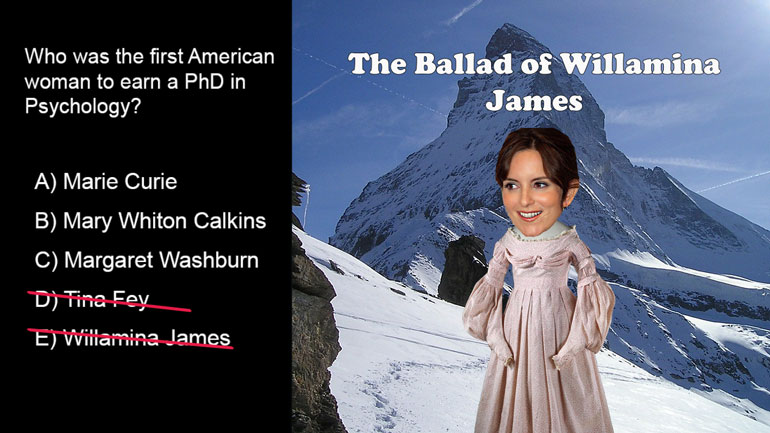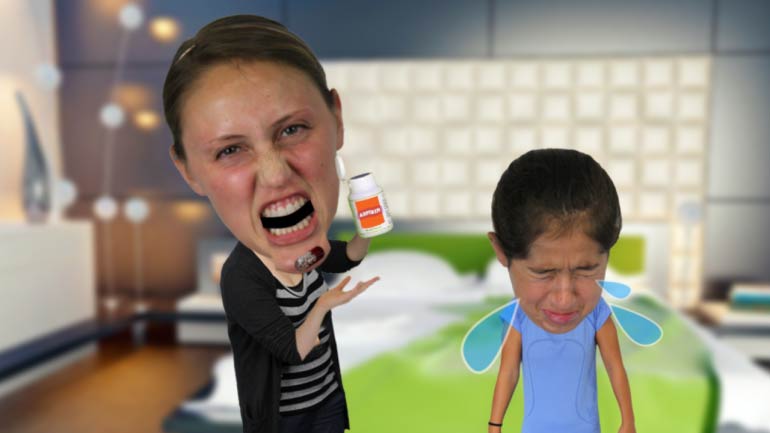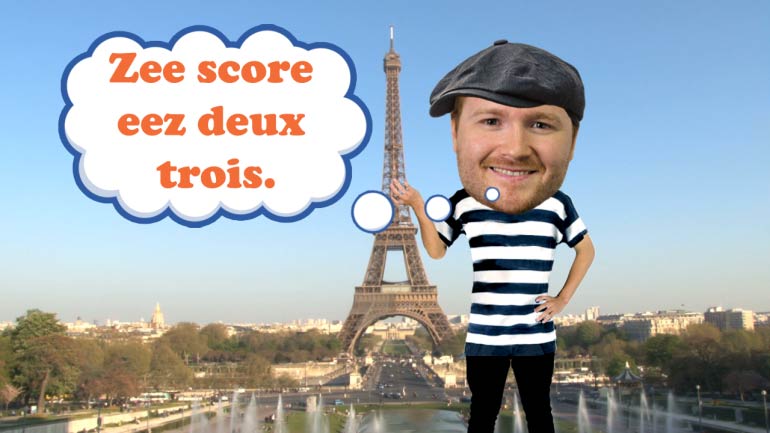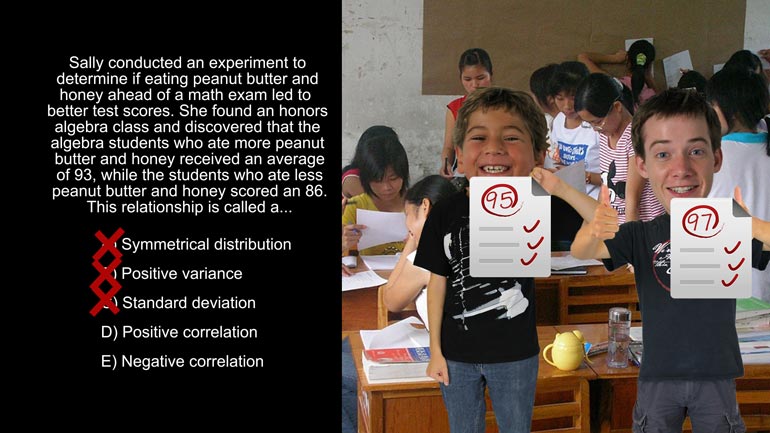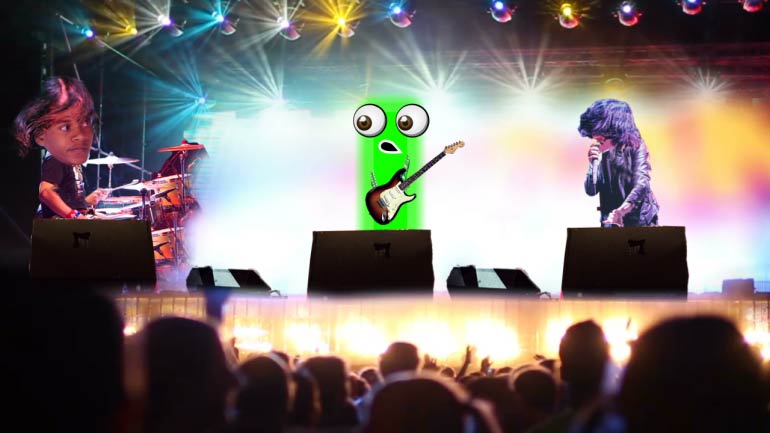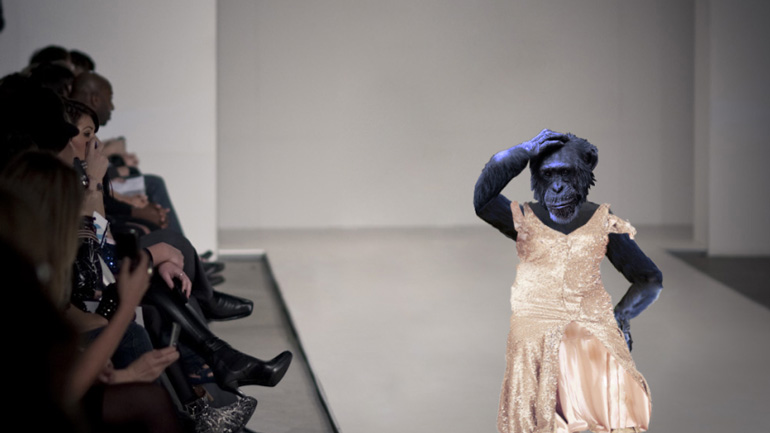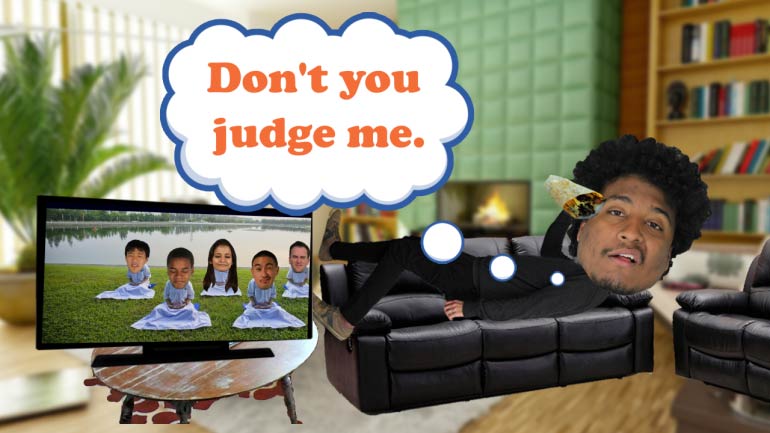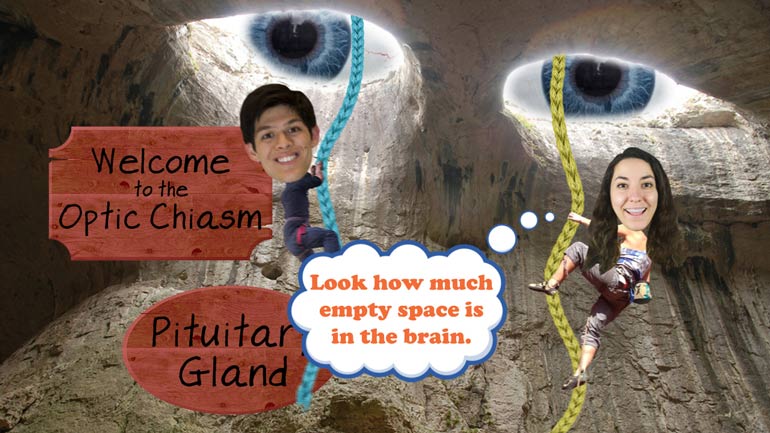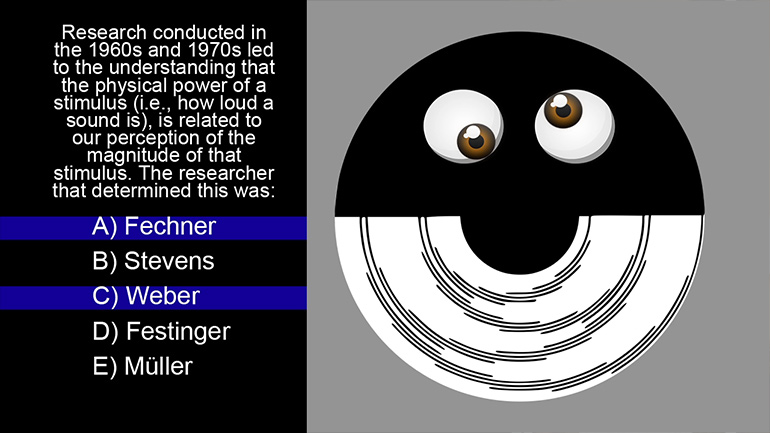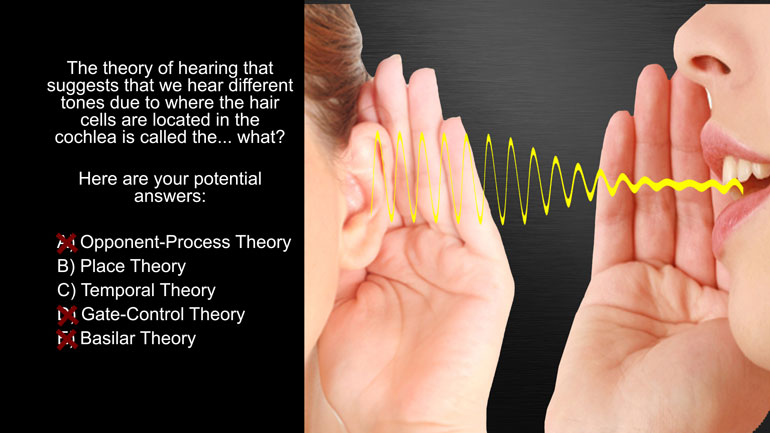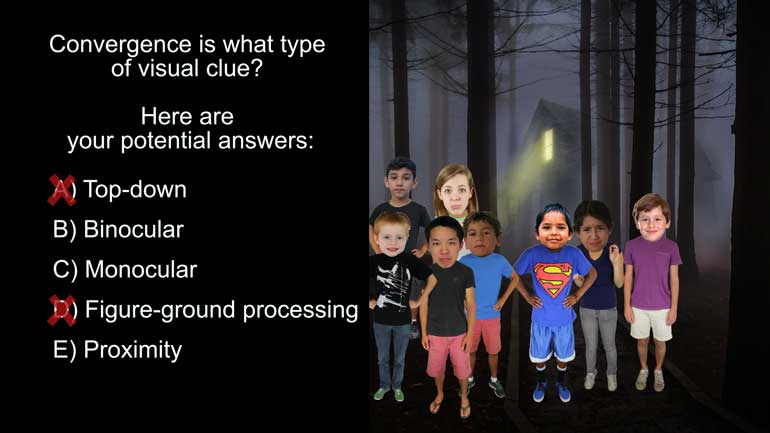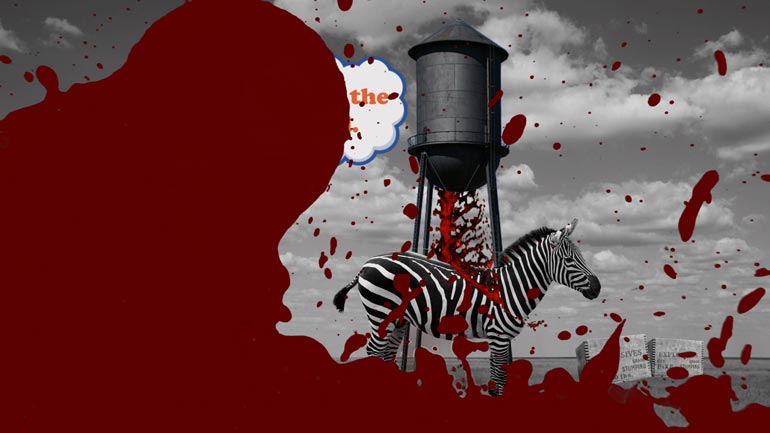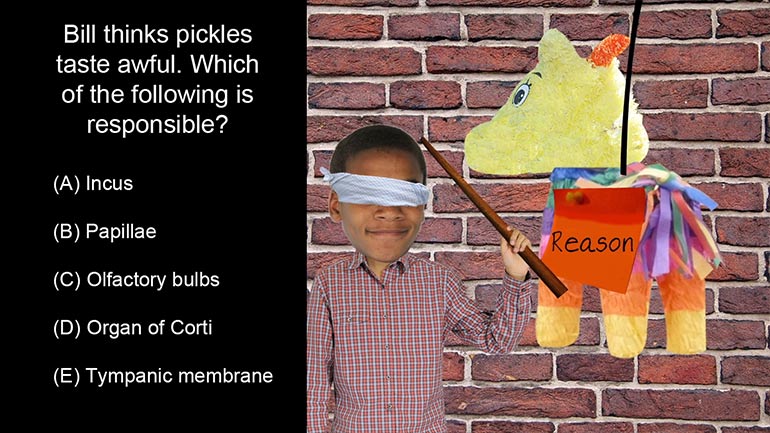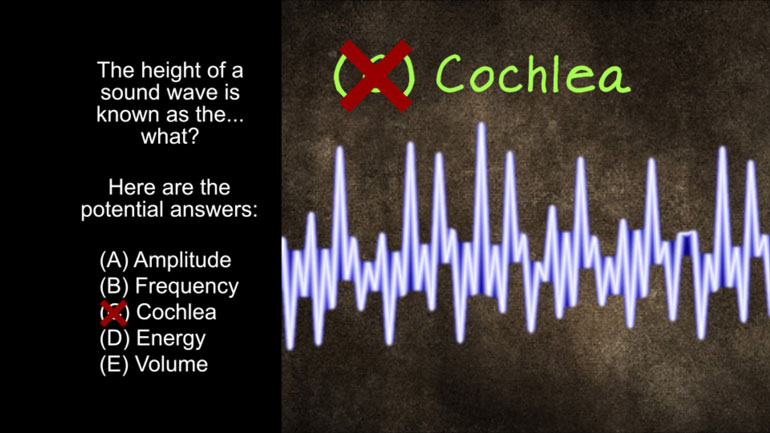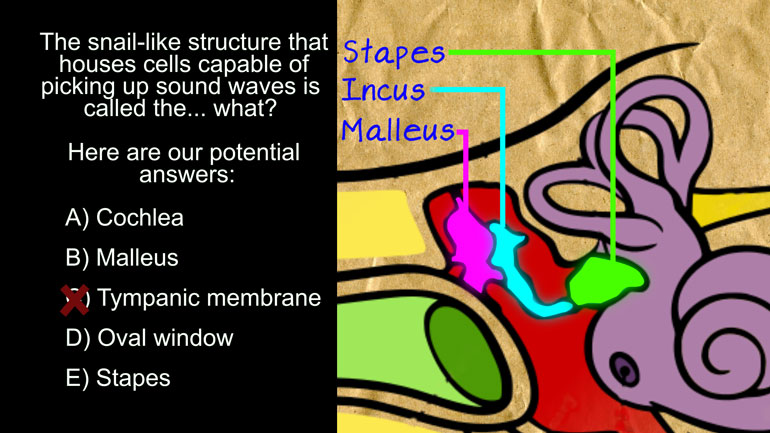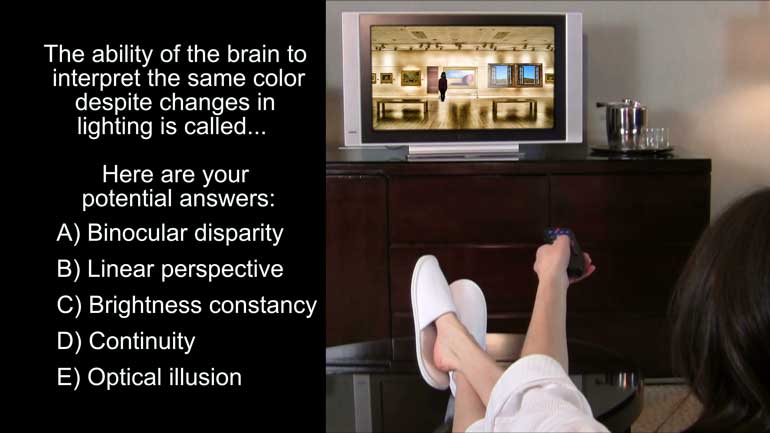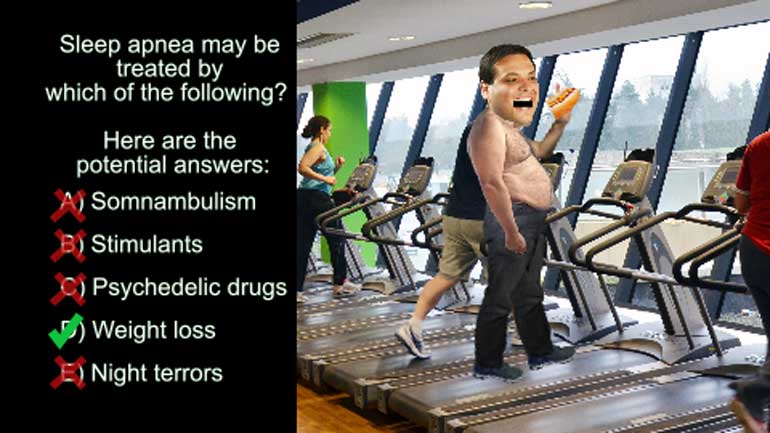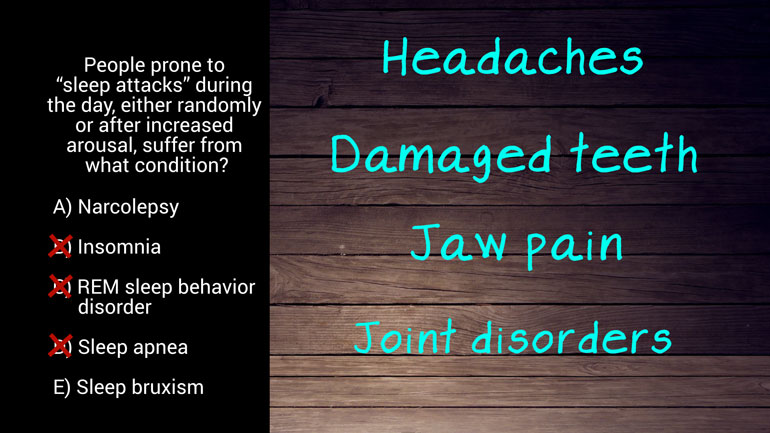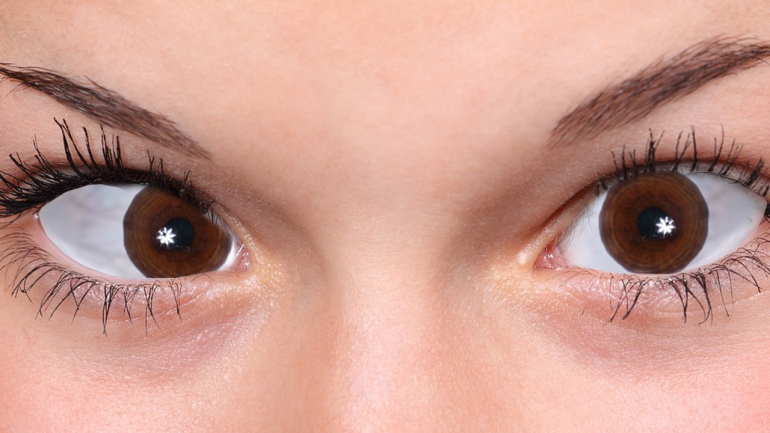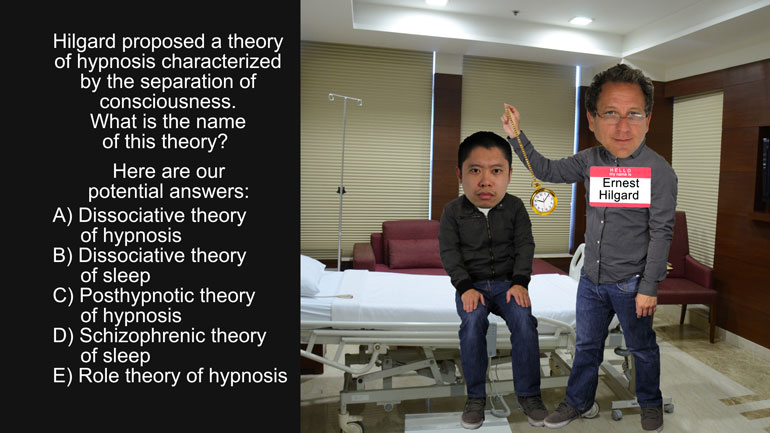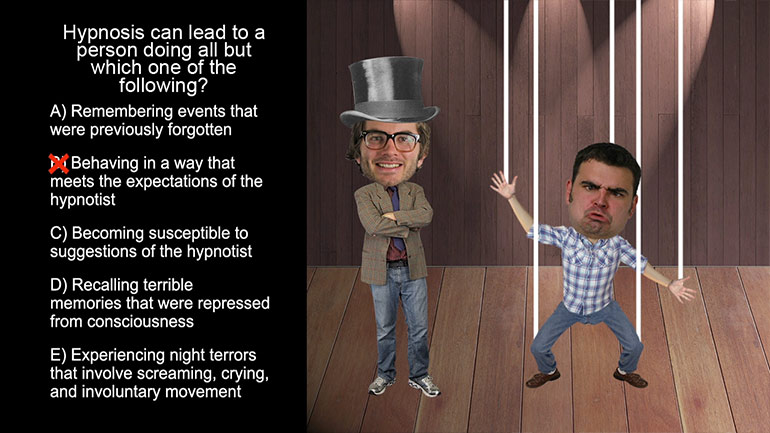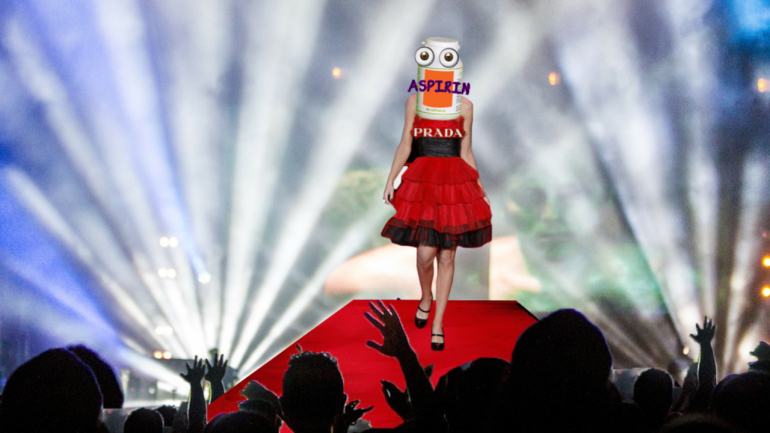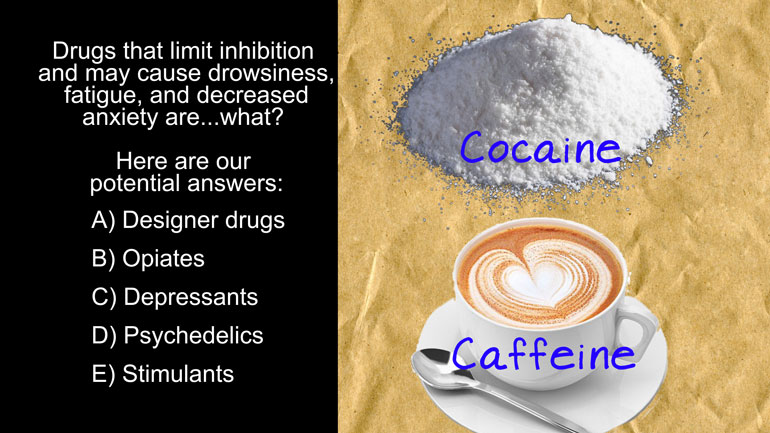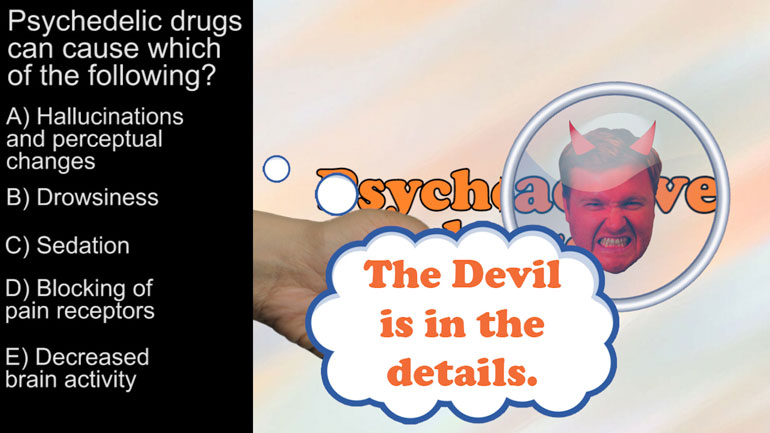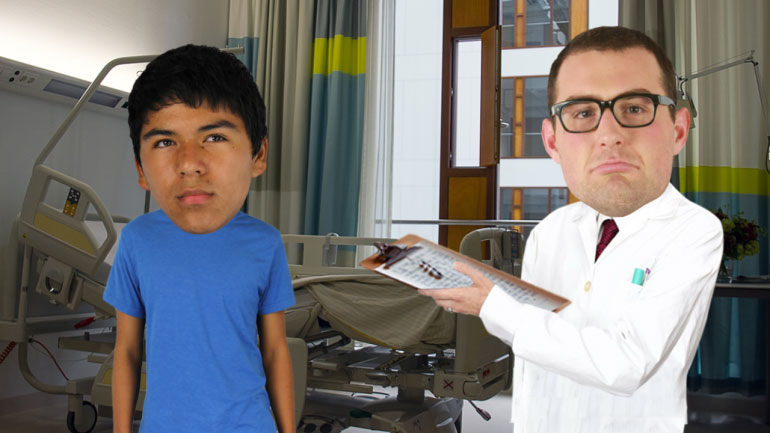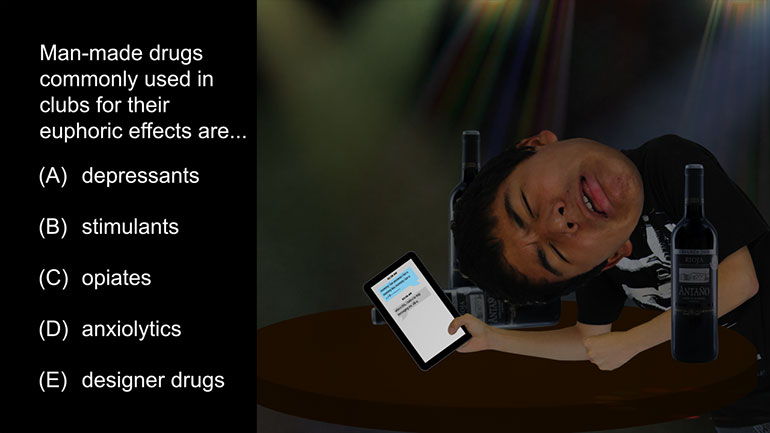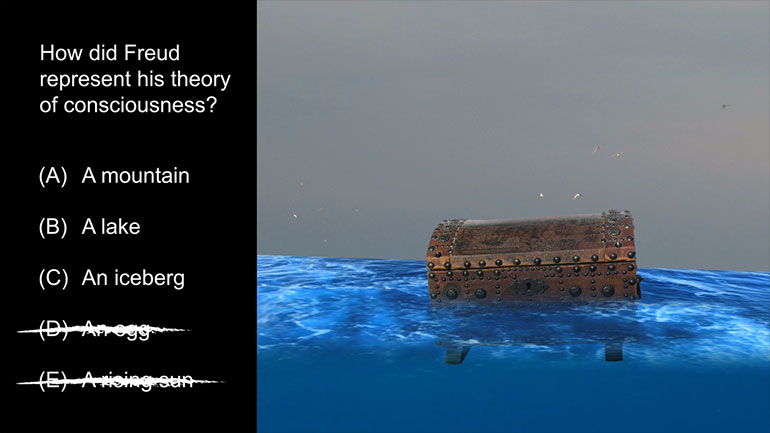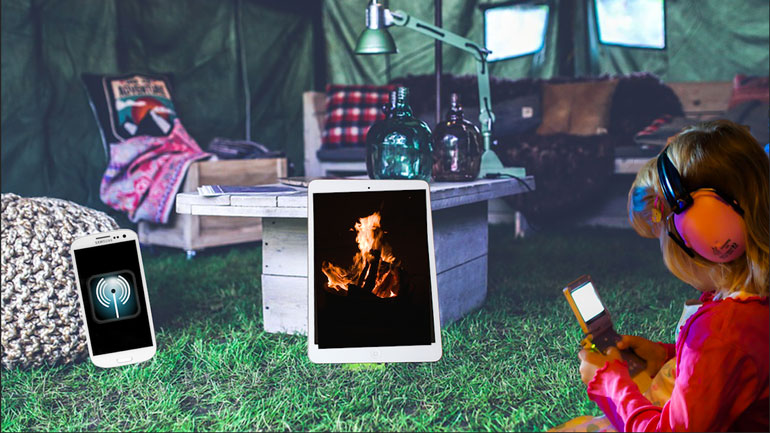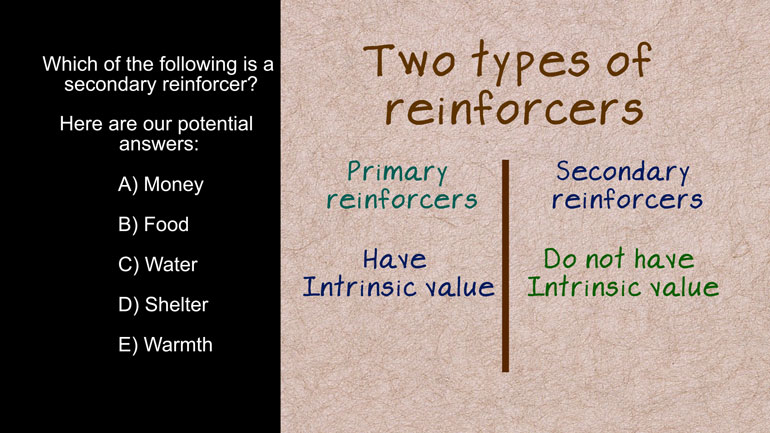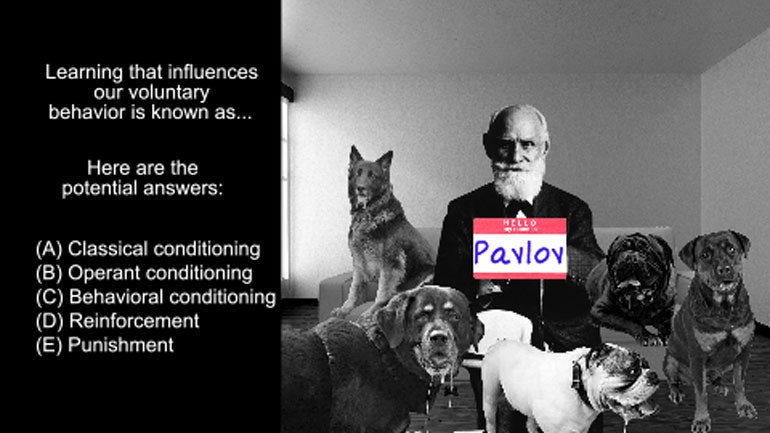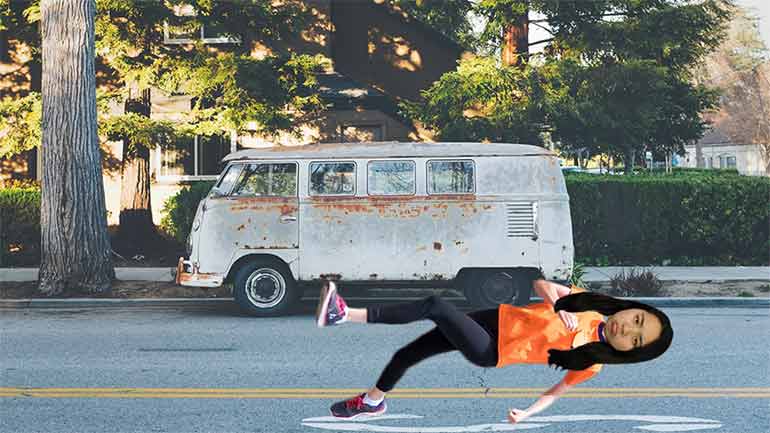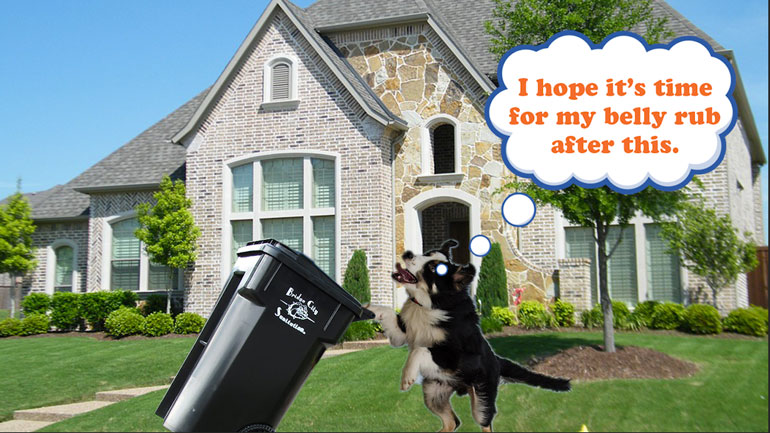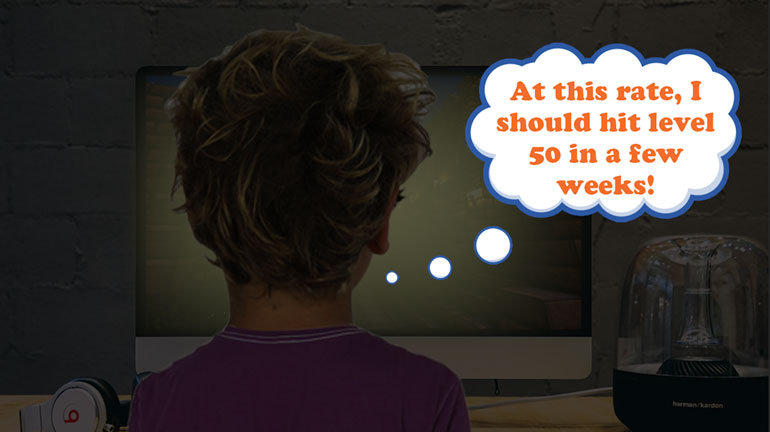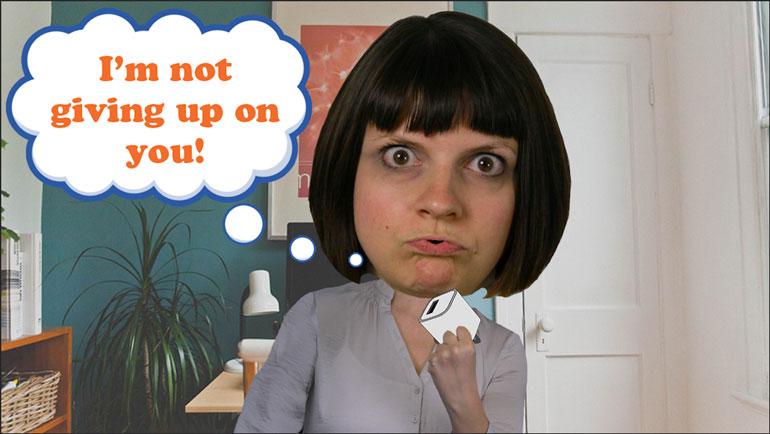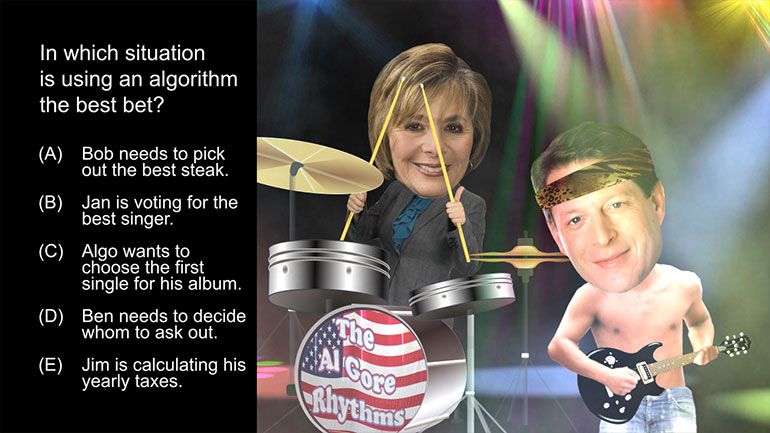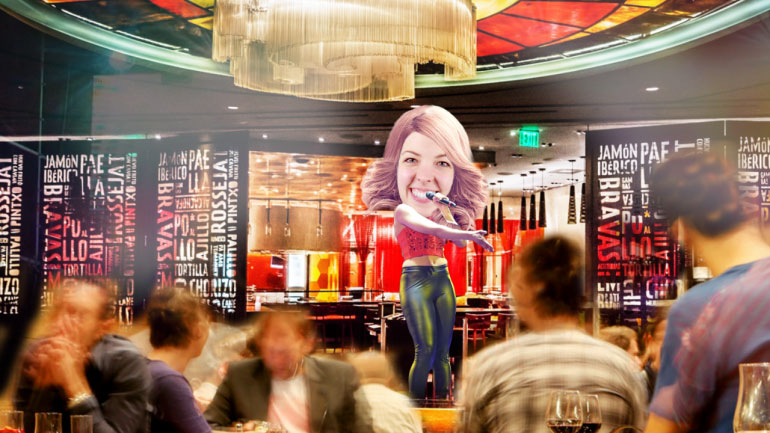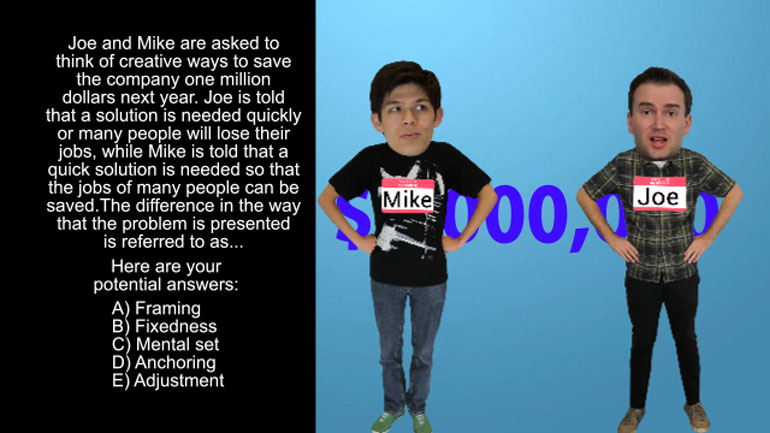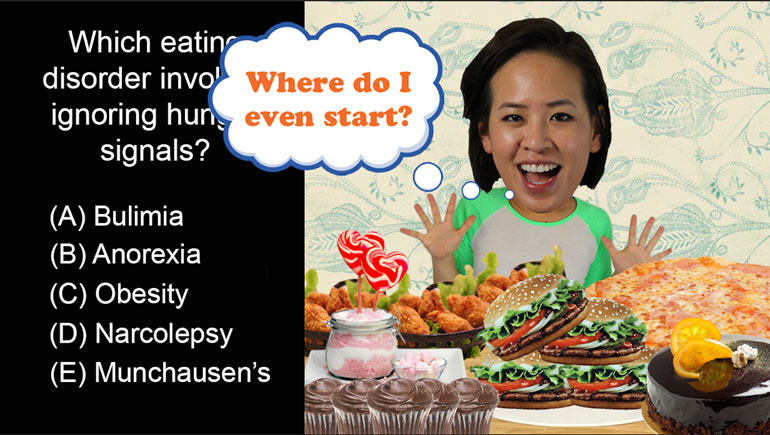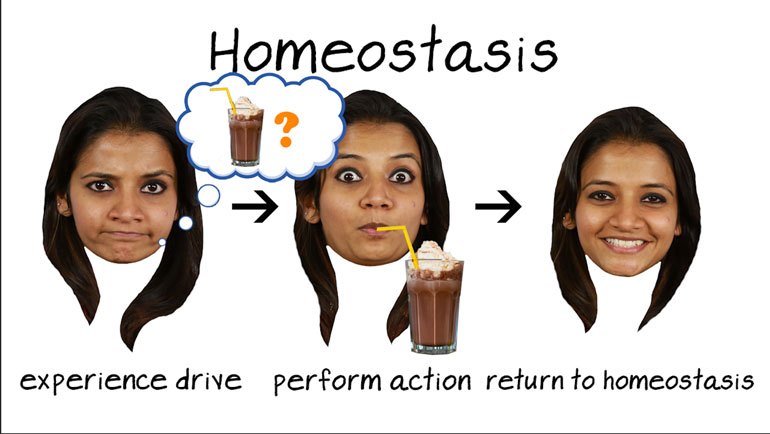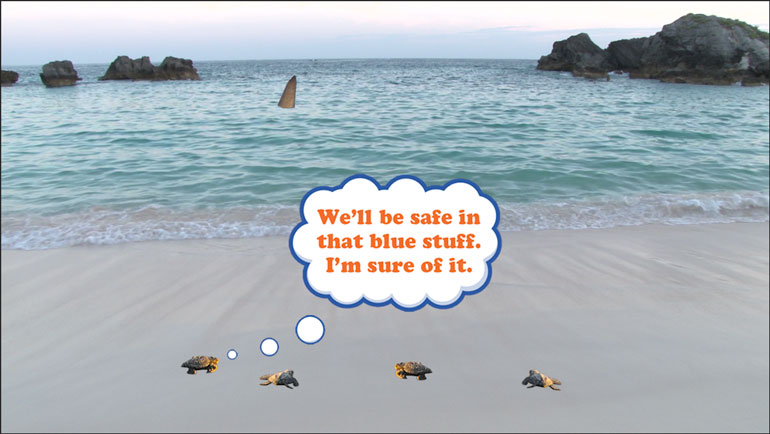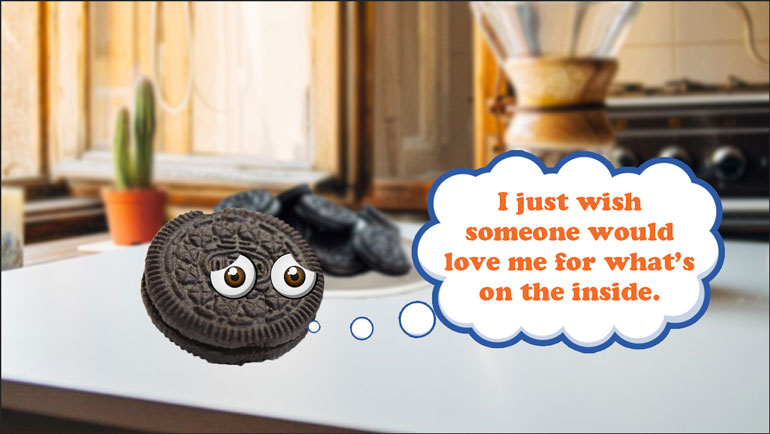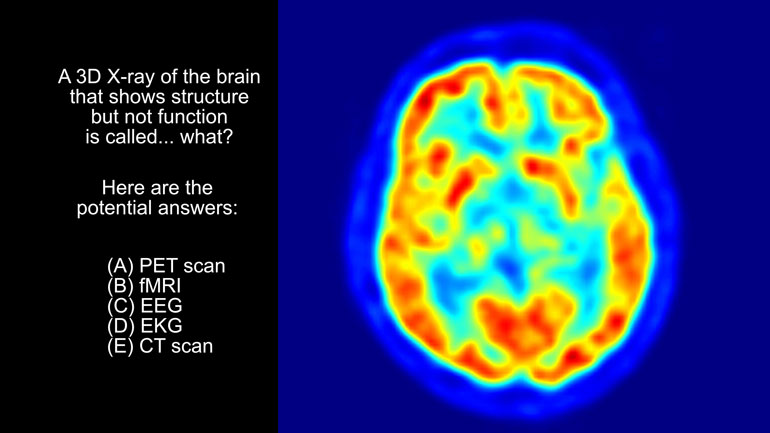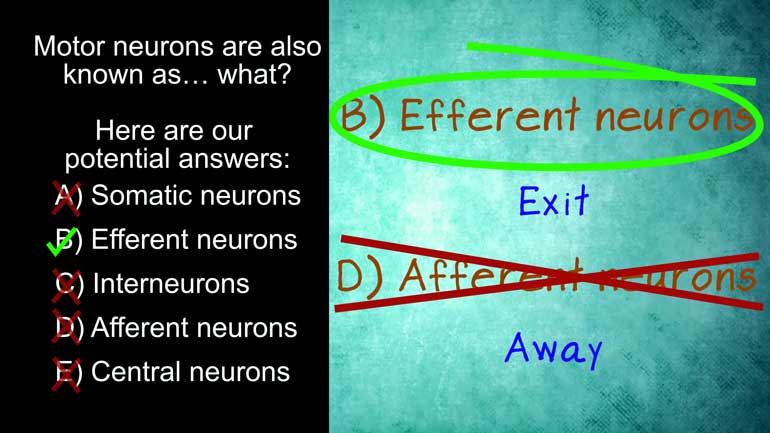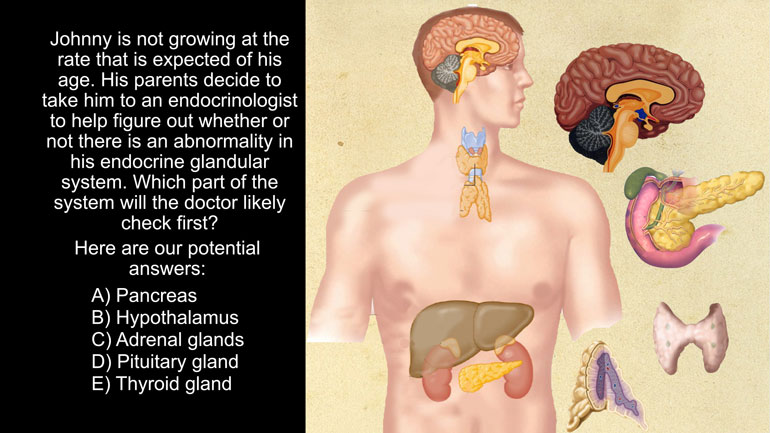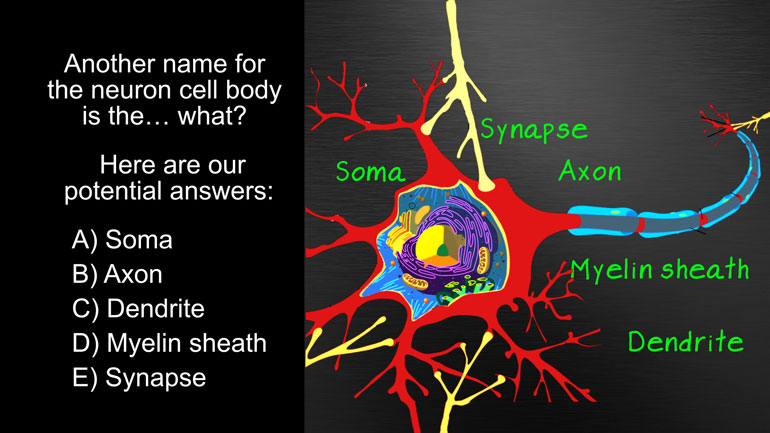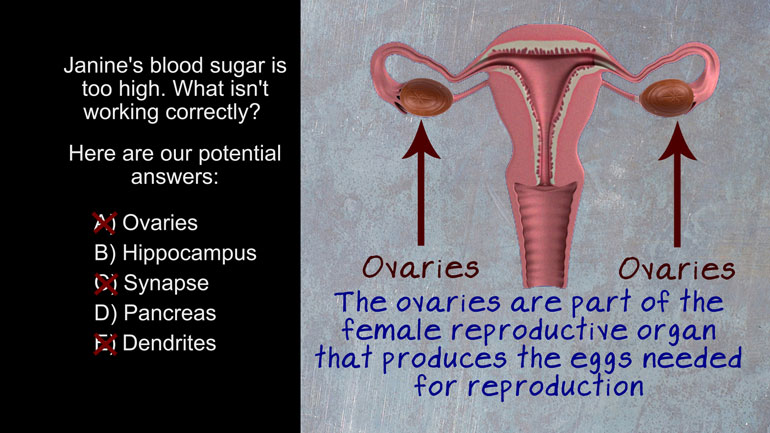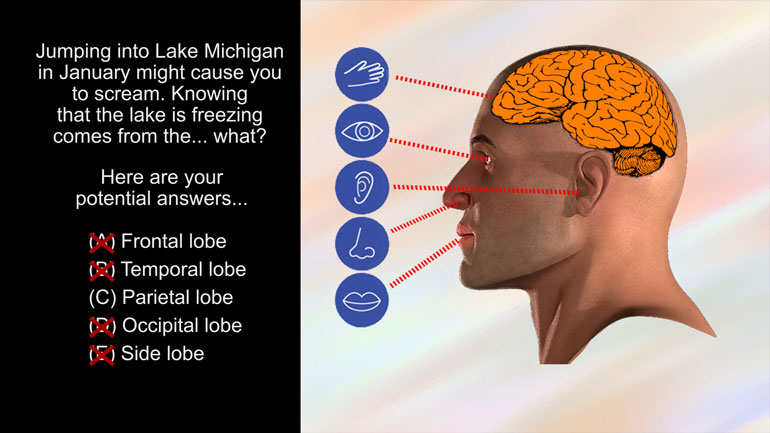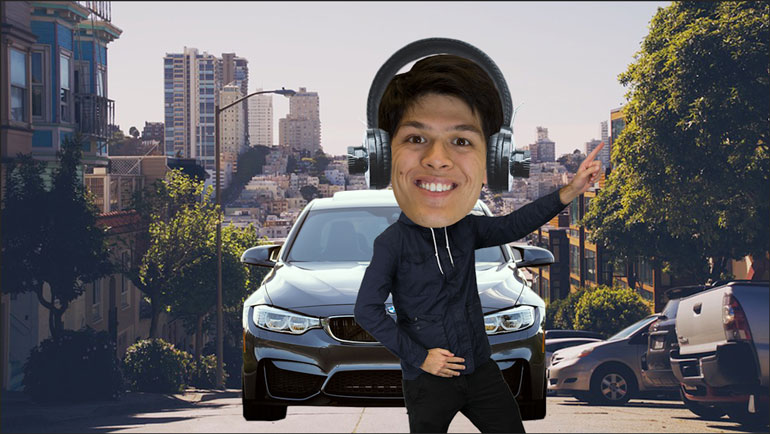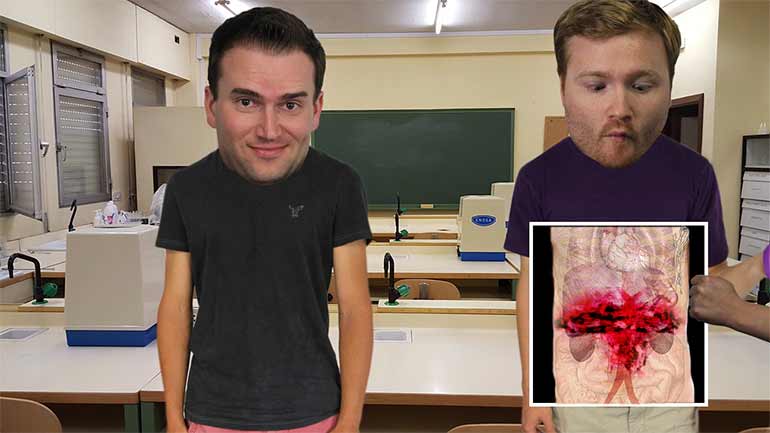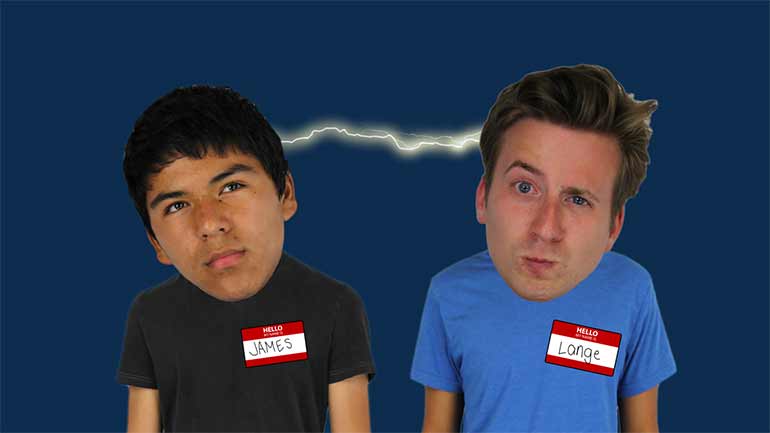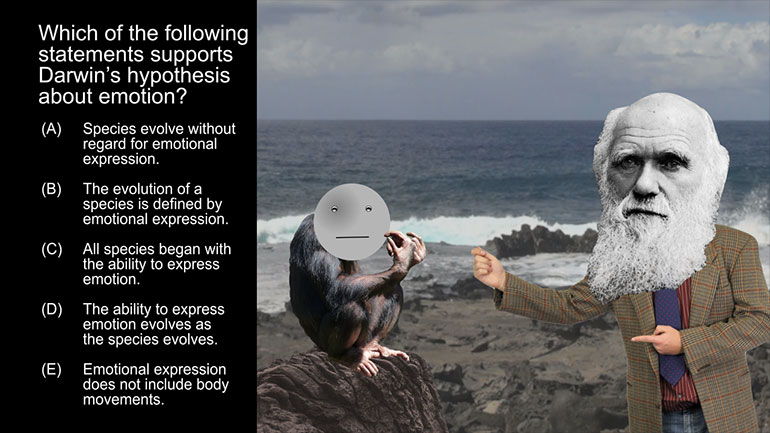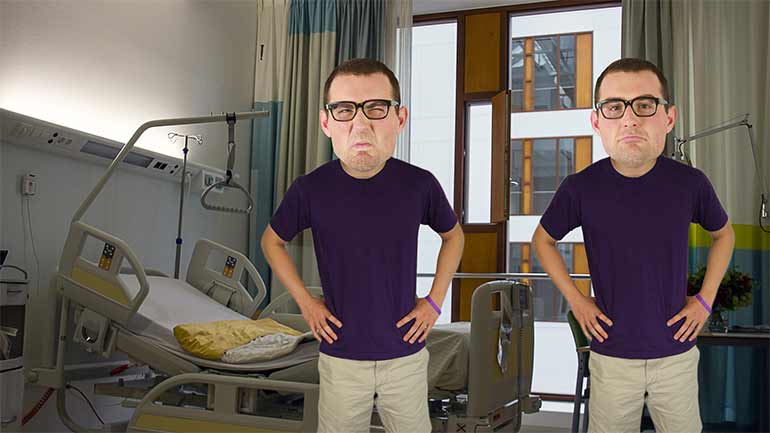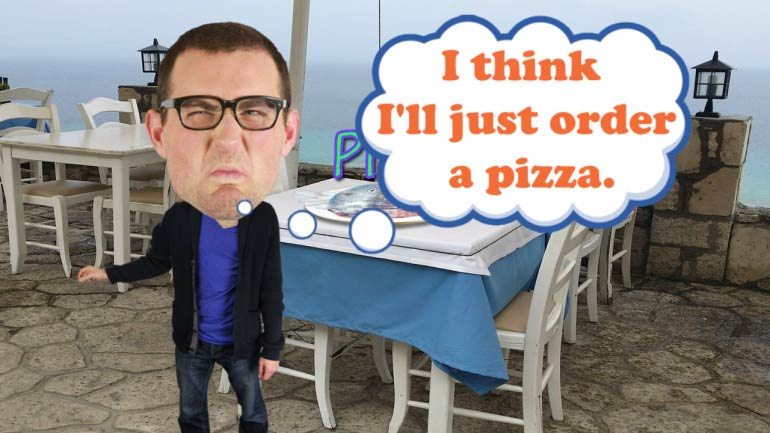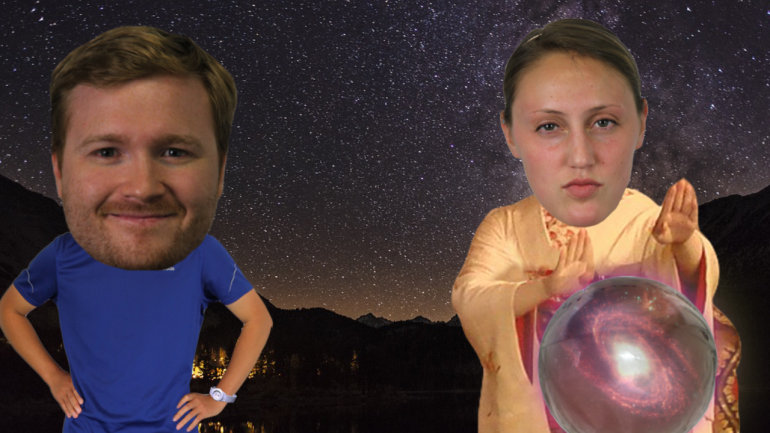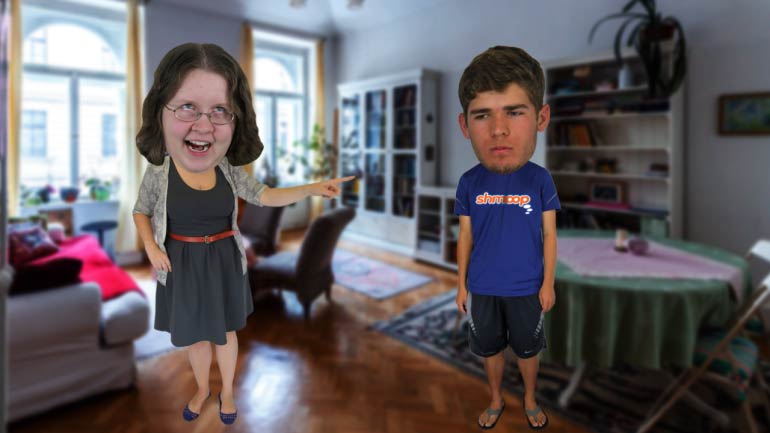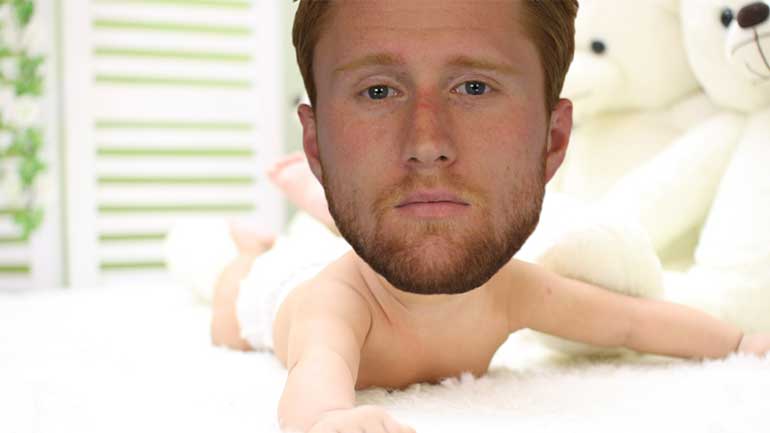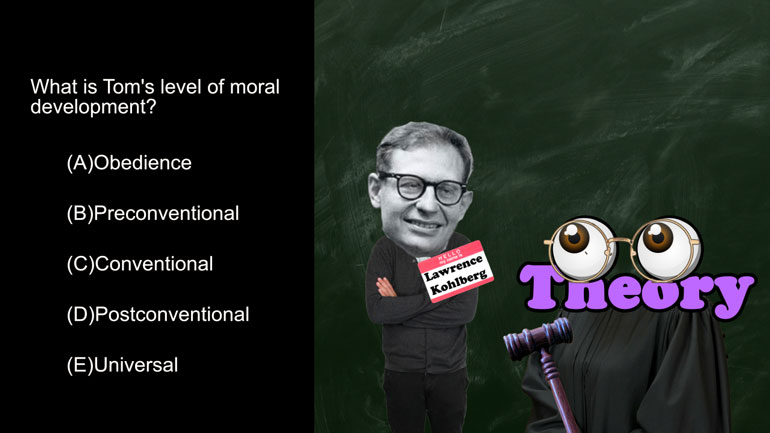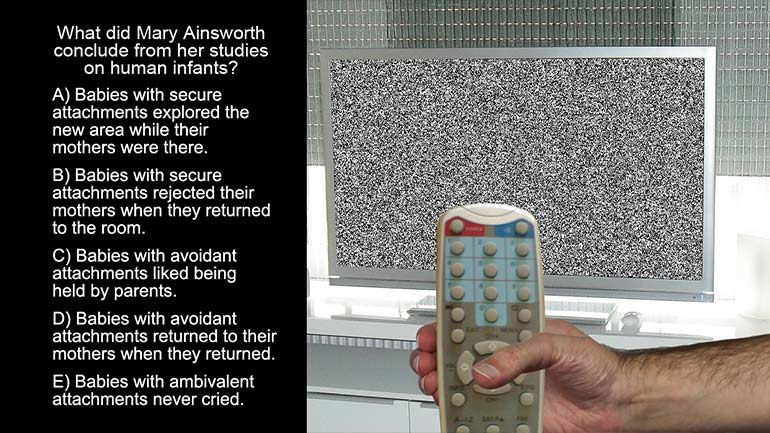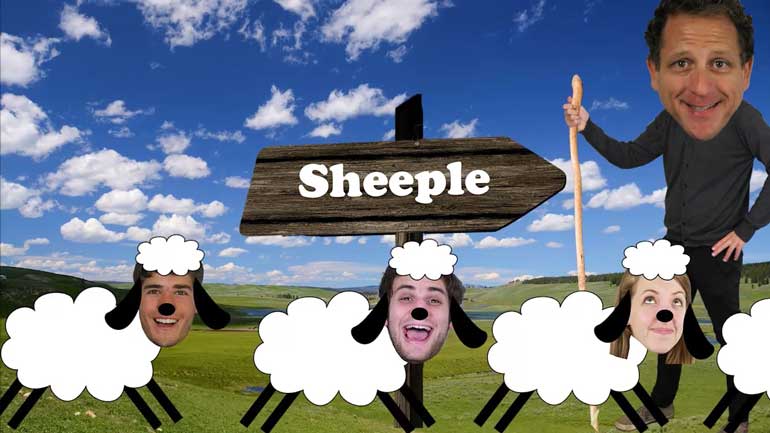ShmoopTube
Where Monty Python meets your 10th grade teacher.
Search Thousands of Shmoop Videos
AP Psychology Videos 135 videos
AP Psychology 1.1 Sensation and Perception. The process by which the brain can turn sensory stimuli from the outside world into electrical signals...
AP Psychology 1.1 States of Consciousness. Who conducted research on REM sleep deprivations?
What is Pavlovian conditioning, and should you apply it before rubbing in your Pavlovian shampoo? Watch this vid to find out.
AP Psychology 3.2 States of Consciousness 35 Views
Share It!
Description:
AP Psychology 3.2 States of Consciousness. Which brain structure acts as the bodies internal clock?
Transcript
- 00:04
And here's your shmoop du jour brought to you by the body's internal
- 00:08
clock terrifying villainous pirates since 1904 alright here's our question which [dinosaur chasing a man]
- 00:14
brain structure acts as the body's internal clock and here our potential
- 00:18
answers, all right brain structure...[mumbling] All right,
- 00:24
unlike our favorite pirate eating alligator the structure that regulates our internal [Alligator staring at a pirate]
Full Transcript
- 00:28
clock isn't actually in our stomachs but in our brains with that in mind we
- 00:33
know that one of these answers is not located in the brain and can therefore
- 00:36
be eliminated and that answer is bingo the adrenal glands which are located on [Hand selection one letter from A-E]
- 00:41
top of both kidneys and secrete hormones that help regulate metabolism blood [Letter B on top of adrenal glands secreting hormones]
- 00:45
pressure and adrenaline to name a few well the frontal lobe describes one of
- 00:49
the four major lobes in our brains. However the frontal lobe is the control
- 00:54
panel overseeing things like our emotional expression memory and language [Front lobe operating a control panel]
- 00:59
but for all the cool stuff the frontal lobe is in charge of it has nothing to
- 01:03
do with the body's internal clock so let's get rid of A) Another brainy but
- 01:06
also incorrect answer to the question is d the pituitary gland, the pituitary
- 01:10
gland is a pea-sized gland that controls the growth development and function of [pituitary gland and other glands wearing graduation and builder hats walk past]
- 01:13
most of the bodies other glands and as for your pineal gland well that guy
- 01:18
produces an melatonin, which affects your sleep patterns and circadian rhythm
- 01:21
definitely sounds like the answer right well not quite.. See, we're looking for the [pineal gland secreting hormones and clock ticks]
- 01:25
structure that acts as the body's actual internal clock not the structure that
- 01:30
produces hormones that aid the clock, pretty important distinction that leaves
- 01:34
us with C) the suprachiasmatic nucleus located near the pineal gland within the [scan of the brain showing optic chiasm and hypothalamus]
- 01:39
hypothalamus so it acts as the internal clock for the body regulating important
- 01:43
bodily functions on a 24 hour cycle including hormone production the sleep [bearded man sat on a chair]
- 01:48
wake cycle and exact locations of all nearby Pirates [Pirate at a market and alligator appears]
- 01:54
let me show
Related Videos
AP Psychology 2.2 Social Psychology. Which of the following was an independent variable manipulated in Asch's research?
AP Psychology 1.1 Personality. According to Freud, these three parts of personality are constantly in conflict.
AP Psychology 1.1 Sensation and Perception. The process by which the brain can turn sensory stimuli from the outside world into electrical signals...
AP Psychology 1.1 Social Psychology. Which of the following best describes social psychology?
AP Psychology 1.1 States of Consciousness. Who conducted research on REM sleep deprivations?
